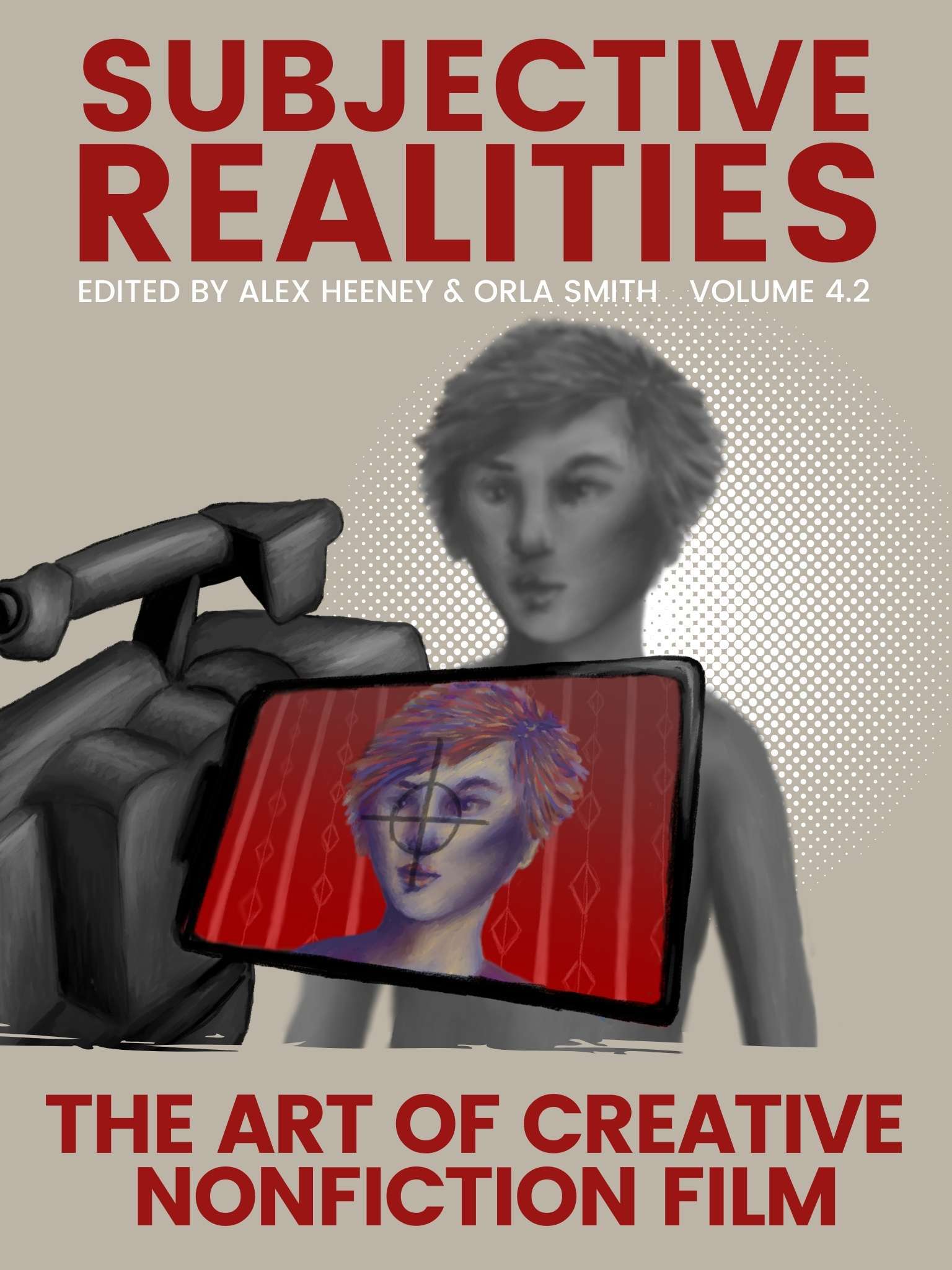Seventh Row’s editors Alex Heeney and Orla Smith pick the ten best films of Sundance 2022, from Girl Picture to All That Breathes.
Read all our Sundance coverage so far.
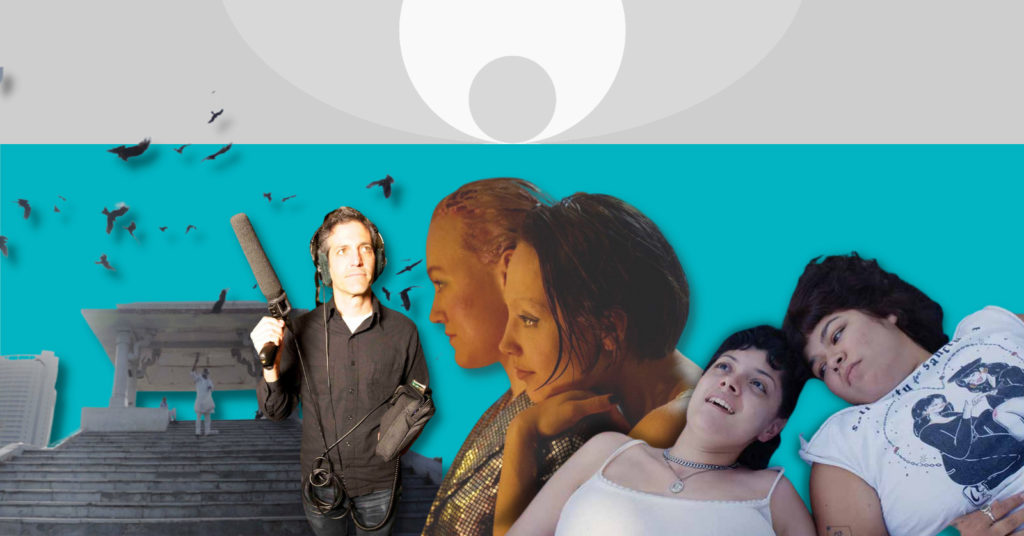
Discover one film you didn’t know you needed:
Not in the zeitgeist. Not pushed by streamers.
But still easy to find — and worth sitting with.
And a guide to help you do just that.
Of the major film festivals, from TIFF to Cannes to the Berlinale, Sundance’s lineup is often the least exciting and varied. That’s because it’s a survey of American independent cinema versus the way those other festivals give a lot of airtime to world cinema. And American independent cinema is… not the most exciting cinema out there. Or at least, American fiction films tend to share similar formulas and thematic outlooks that aren’t always the most cinematically interesting, nuanced, or realistic. There are exceptions, of course, but it’s partly why our best of 2021 list featured zero American fiction films. The kind of storytelling you find in world cinema is just so much more inspired and thought-provoking at the moment.
However, documentaries are a different story. If Sundance’s lineup, this year and last, tells us that American fiction films are a bit uninspiring, it’s also a showcase of how much inventive, boundary-pushing work is going on in American documentary. That’s not necessarily a surprise to us after investigating current nonfiction filmmaking trends in our ebook Subjective realities: The art of creative nonfiction film. But Sundance 2022 is a strong reminder. This list of the ten best films at the festival features seven documentaries, four of which are American, and one of which, Framing Agnes, was filmed in America (despite being made by a Canadian filmmaker with some Canadian funding).
Here is our list of the best films of Sundance 2022, as curated by our editors Alex Heeney and Orla Smith.
10. Dual (Riley Stearns)
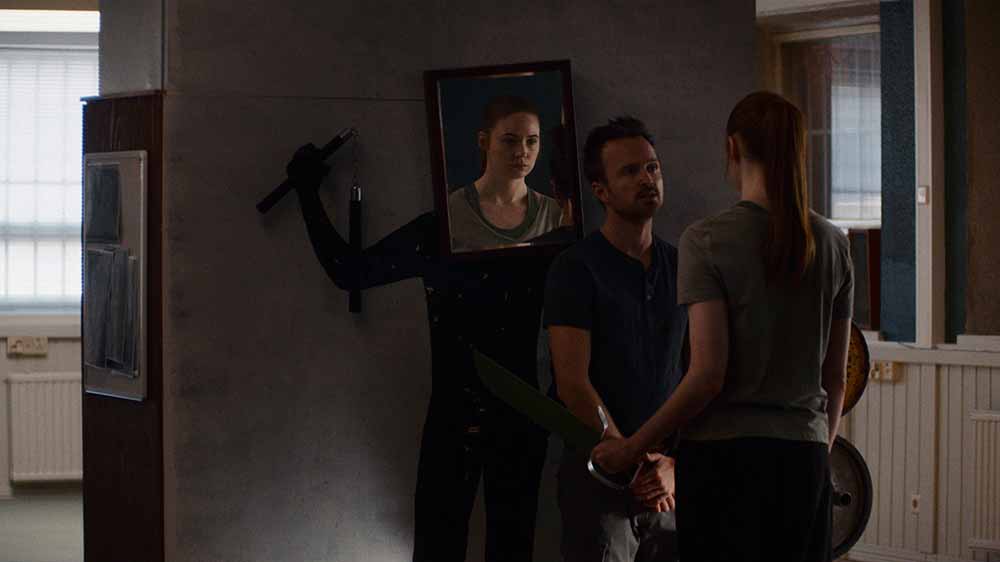
From our review: “When we first meet Sarah (a marvelous Karen Gillan) in Riley Stearns’s light sci-fi film Dual, she’s come home to sit in her dark living room watching porn, only to be interrupted by her absent boyfriend (Beulah Koale, perfectly channeling a mediocre asshole) via video chat, who doesn’t even seem to want to be talking. It’s a great image of depression and disconnection. Sarah, we sense, much like Mr. Watanabe in Ikiru (Akira Kurosawa, 1952) (not that Stearns is in any way comparable to Kurosawa!), isn’t really living — that is, at least, until she finds out she’s going to die. Faced with certain death in an uncertain timeline, she decides to clone herself so that her loved ones, as it’s sold to her, won’t have to miss her so much: they can just replace her with her clone.” Read the full review.
9. Girl Picture (Alli Haapasalo)
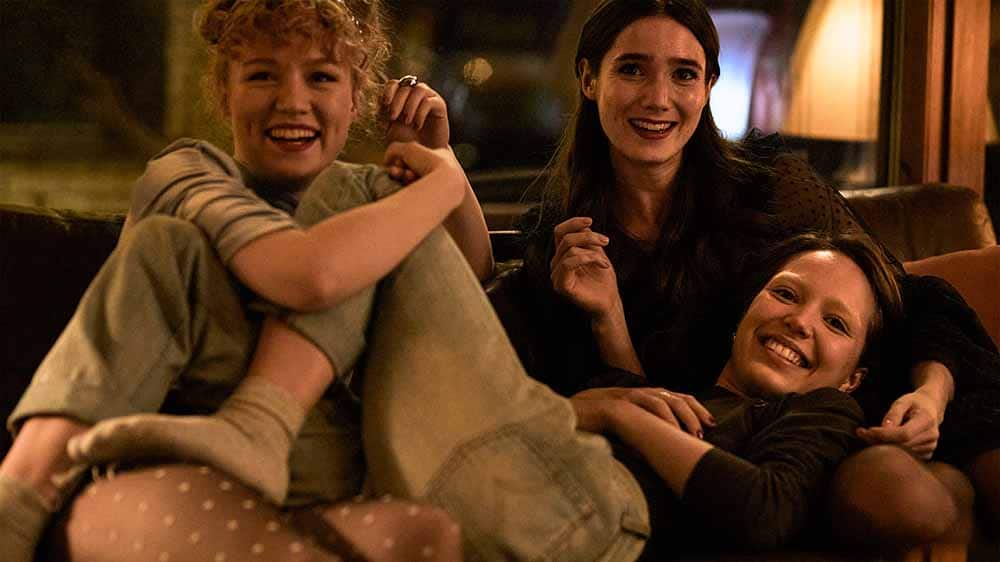
From our review: “Girl Picture stands out as a coming-of-ager that takes teenagers seriously, exploring how complicated sex and love can be for teenage girls, and how trauma can make relationships difficult. You’ll fall in love with these girls and want the best for them, even when they make huge mistakes. Mimmi’s and Emma’s romance is sweet and, at least to begin with, nurturing in many ways, but director Alli Haapasalo and writers Ilona Ahti and Daniela Hakulinen aren’t naive to how such a co-dependent dynamic can soon turn sour. Rönkkö’s problem is a little different. She confides in Mimmi that she’s never enjoyed sex before, and she’s not sure why. Rönkkö’s conflict is one I’ve rarely, if ever, seen depicted in a film before: is she asexual, or as a heterosexual woman, has she only ever been with men who didn’t care about her pleasure? She goes on a quest full of sexual escapades in order to find out.” Read the full review.
8. Sharp Stick (Lena Dunham)
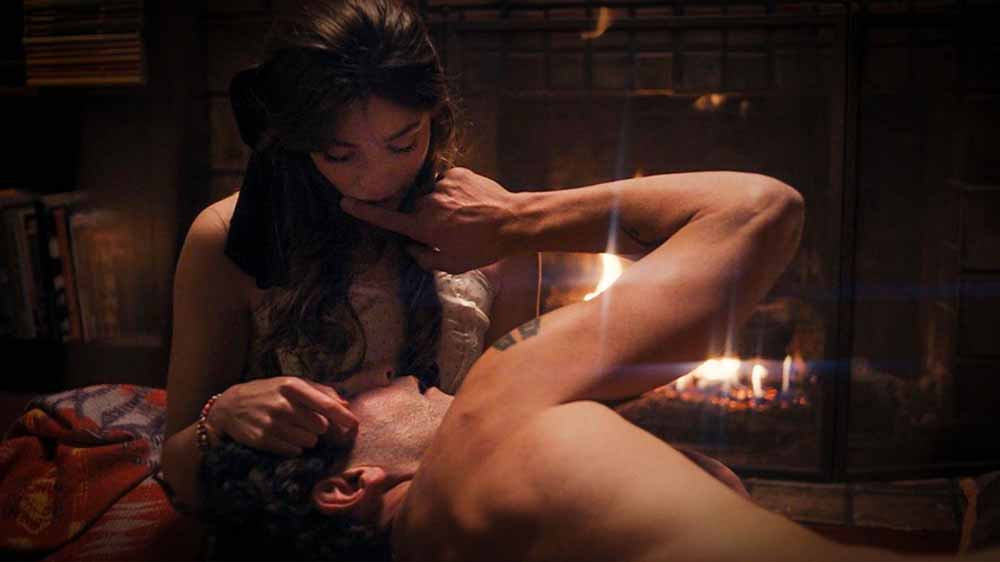
Lena Dunham is back to feature filmmaking with Sharp Stick, a prickly, hilarious film about Sarah Jo (Kristine Froseth), a naive twenty-six year old who has decided to finally explore her sexuality. Key to her exploration is the fact that, at fifteen, she has a radical hysterectomy, and has since had a complicated relationship with her body as a woman who can’t have children. The film is about her figuring out what she wants from sex and romance with men… but mostly with sex.
In a Sundance full of predictably structured, pretty conventional fiction films, it’s exciting that, after watching Sharp Stick, I didn’t feel like I fully had a handle on it. I feel like I need a second viewing of the film to be able to know totally what I think of it, and how to write about it. It’s one of the best directed films of the festival, and certainly the funniest. It’s also full of great performances, from Froseth, as well as John Bernthal, Jennifer Jason Leigh, Taylour Paige, Scott Speedman, Dunham herself, and more. Orla Smith
7. I Didn’t See You There (Reid Davenport)

From our review: “In his “Meet the Artist” introduction on the Sundance YouTube channel, documentarian Reid Davenport describes his film I Didn’t See You There as important because “it’s an unapologetically disabled film, in its aesthetics and its seeming unconventionality.” Sundance has a history of programming films explicitly about disability, but often ones that still perpetuate ableism, such as Gleason (2016), which was about an incredibly privileged disabled man, or CODA (2021), which centred a non-disabled protagonist. So it was a shock and a delight to find I Didn’t See You There in this year’s programme, a film made by a disabled filmmaker that radically questions the way disabled people have historically been presented in the media. Davenport doesn’t just aim to tell the audience about his experience as a disabled person, but to show us the way he sees the world, using techniques that are rarely implemented on screen.” Read the full review.
6. Mija (Isabel Castro)
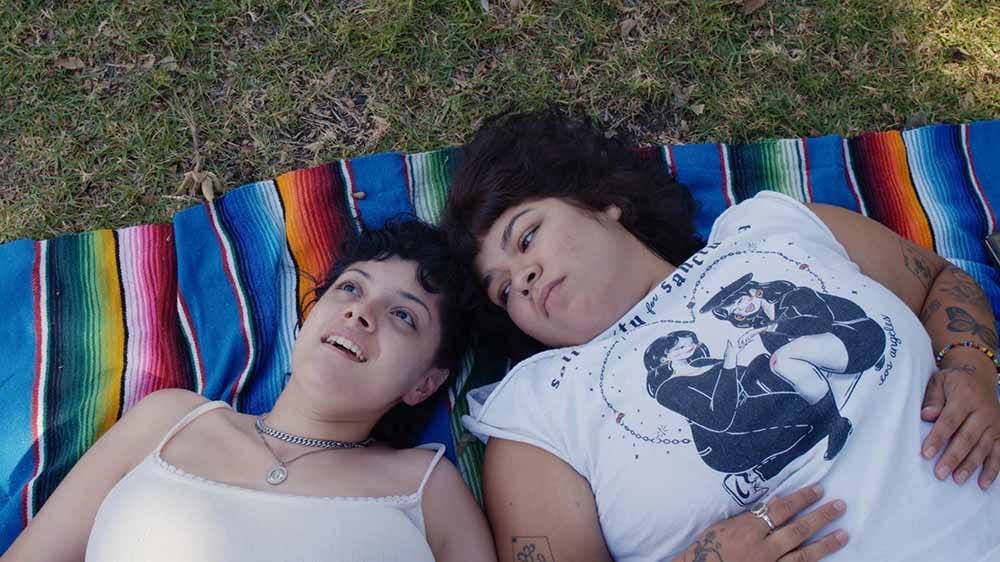
From our review: “Mija, directed by Isabel Castro, is a poignant and beautifully shot character study documentary about what the American Dream means to many immigrant families. The idea of a film about ‘The American Dream’ often makes me gag, because so many films accept the idea uncritically (the exceptions, such as Kelly Reichardt’s work, are a small handful). Mija is more realistic, if still invested in the hopes and dreams of its protagonists. Castro is also interested in what happens after you’ve achieved meteoric success… but then you lose it, and you don’t have a cushy safety net to fall back on.” Read the full review.
5. Fire of Love (Sara Dosa)
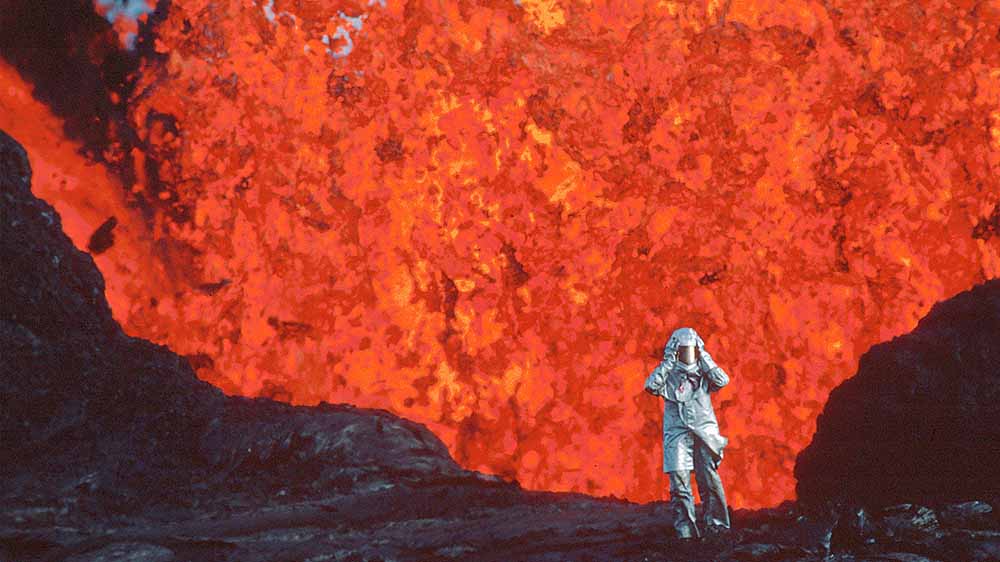
Part love story, part ode to the wonders of volcanoes, and part testament to the power of film to change the world, Fire of Love is the rare film at Sundance this year to have not just one but many ideas, as well as getting you in the feels on many different levels. There’s the gorgeous bursts of red lava that recur throughout the film, the burgeoning love story between two volcanologists which also drives their work, and the pursuit of saving lives that led to them losing their own.
The two volcanologists are about as thrill-seeking as Alex Honnold (the man at the centre of the wonderful Free Solo), and they left behind them a fantastic archive of films and photographs of volcanoes (which was how they funded their expeditions). It’d probably be hard to not make a halfway decent film from all of this material. But director Sara Dosa (long a darling of the SF Film Society finally getting a Sundance showcase) transforms this material into a three-act structure that is emotionally satisfying throughout and also just fantastically paced. It’s the kind of film I’d have loved to see on the big screen (for an even bigger impact), but it’s so good, it can work in any setting. Alex Heeney
4. Tantura (Alon Schwarz)
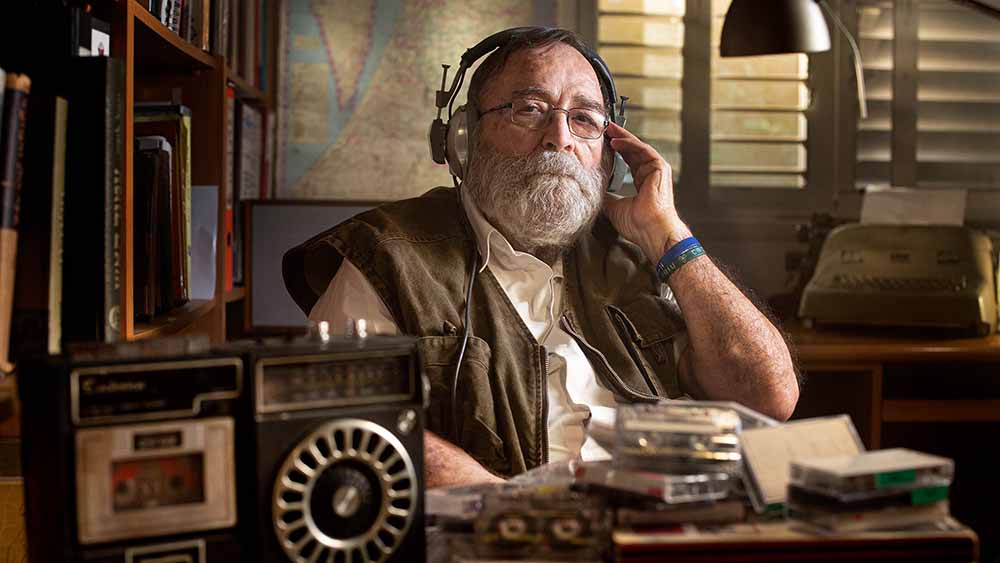
Filling the fest’s annual slot for a doc about Israeli-Palestinian relations, Tantura is actually a wonderful film about state-sponsored cultural amnesia and how we deal (or don’t) with the atrocities upon which our countries were built. It’s a film about taking apart the official written record and setting it straight with the truth, through a different medium (film). The film specifically looks at the 1948 Tantura massacre of Palestinian Arabs to make way for Israeli settlers. Drawing from an incredible library of interviews with individuals involved in the massacre — the academic Teddy Katz interviewed people on both sides of the conflict but the film focuses on the Israel faction — Schwarz confronts people about what they said, how they lied in the official record, and how they feel about their actions today.
Unsurprisingly, if you’ve seen any Joshua Opphenheimer films or Final Account, the perpetrators of the massacre are not repentant. By raising questions about how erasing the past prevents a society from moving forward in the future, Tantura feels in conversation with a slew of films about reclaiming history, from Oppenheimer’s films to John Ware Reclaimed and The Road Forward. Like Framing Agnes, it’s also a film interested in how the archive can be deceiving, how people lie (and the state helps them) in official records, while freely telling the truth in other contexts, like on camera for this film. AH
3. Framing Agnes (Chase Joynt)
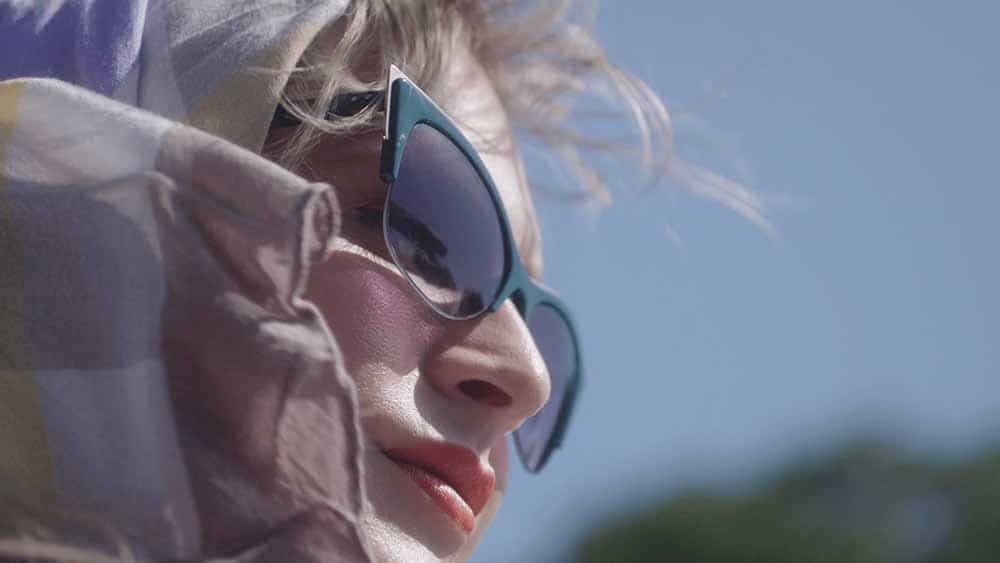
From our interview with Chase Joynt and co-write Morgan M Page: “I was excited to watch Framing Agnes at Sundance this year, Chase Joynt’s latest project which follows in the footsteps of his previous feature, No Ordinary Man, by also using actors to reenact and interrogate snippets of trans history. It didn’t disappoint. Framing Agnes very much feels like a sibling to No Ordinary Man. Based on a short film of the same name, which Joynt co-directed with Kirsten Schilt (who is still involved with the feature as a researcher), Framing Agnes, which is co-written by Joynt and Morgan M Page) uncovers the case files of six trans people from the 1950s. These were patients of Dr. Harold Garfinkel and Dr. Robert Stoller at UCLA, who studied transgender people, some of whom were seeking surgery.” Read the full interview.
2. All That Breathes (Shaunak Sen)
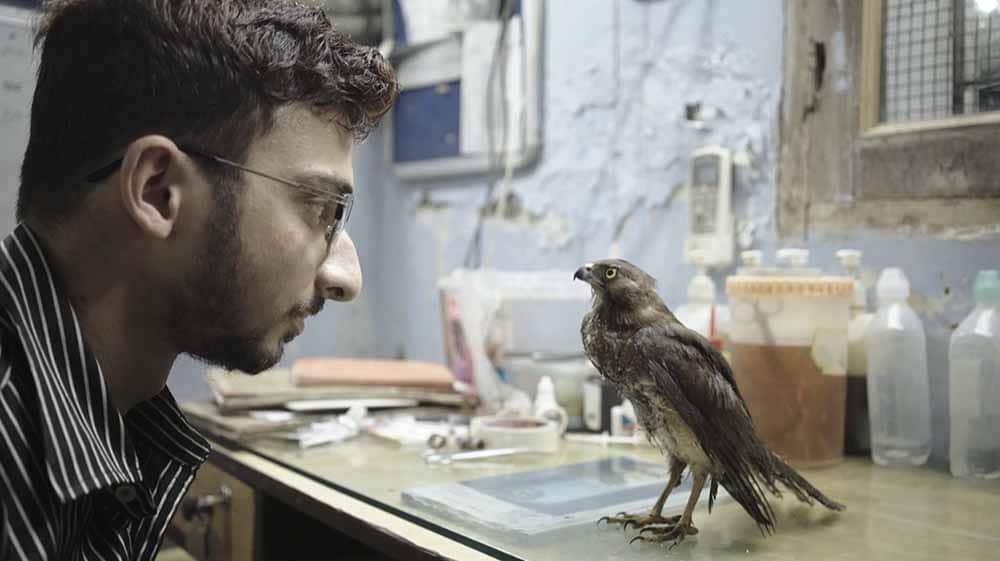
From our review: “All That Breathes is a stunning portrait of two brothers, the men they work with, the city of New Delhi that they live in, and the rapidly polluting planet we all inhabit. It’s a film with an intimate scope that’s about so much more than it first appears to be. You might not know much about black kite birds going into All That Breathes, but you’ll leave this documentary caring deeply about them. Yet, this is no standard informational doc about ornithology.” Read the full review.
1. 32 Sounds (Sam Green)
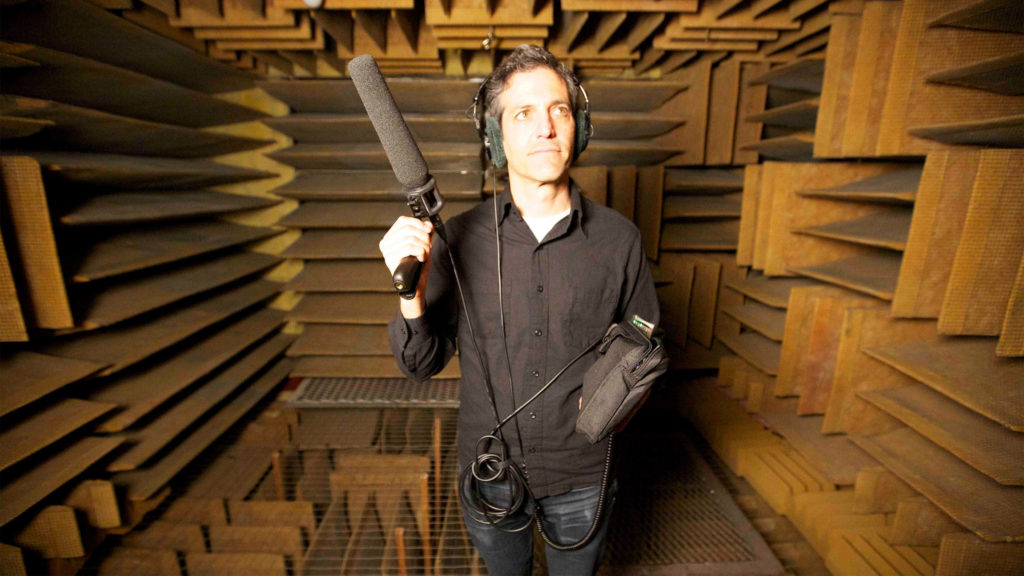
Designed to be watched at home with headphones on, 32 Sounds is a magical mystery tour through sound, music, sound on film, and how it affects us emotionally. The film is uniquely interactive, designed to encourage audiences to actively listen: by watching other people listening to sounds and music, through watching how sound is recorded, by being asked to close your eyes and listen, and much more. Green explores everything from how foley artists work to the science behind sound to why music is so emotional to how you can listen with rather than to) an environment — all the while giving you a heightened awareness of how your brain and body is processing sound. This is creative nonfiction at its finest that will make you think differently about how you hear the world.
Stay tuned for our interview with Sam Green! AH
We want to make sure you don’t miss out on any opportunities to watch the best films of Sundance 2022 at virtual cinemas, VOD, and festivals throughout the year.
Subscribe to the Seventh Row newsletter to stay in the know.
Subscribers to our newsletter get an email every Friday which details great new streaming options in Canada, the US, and the UK.
